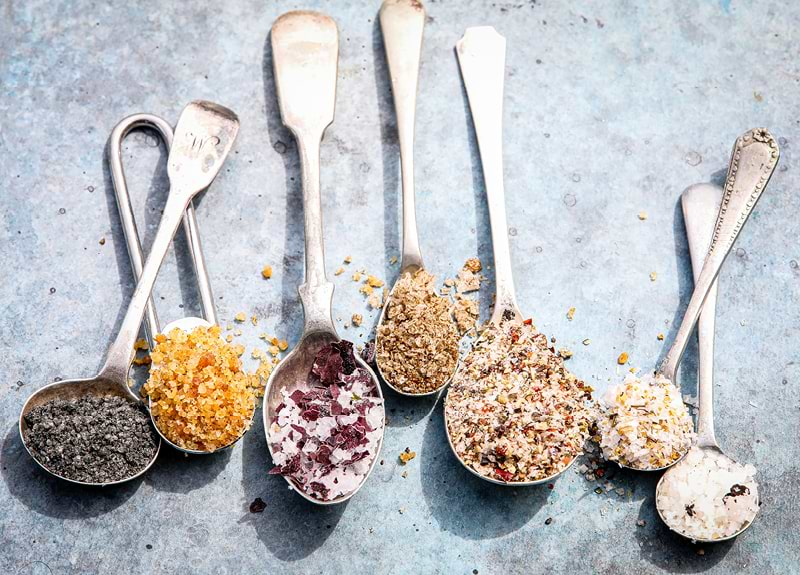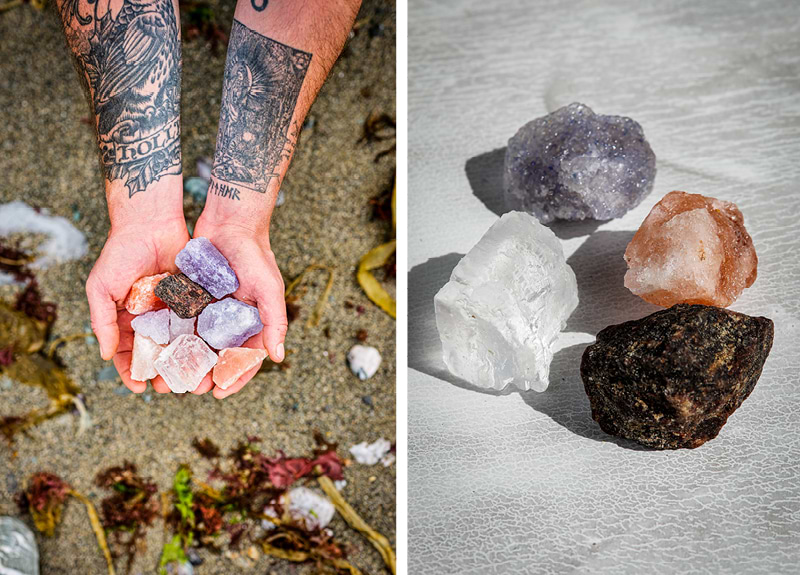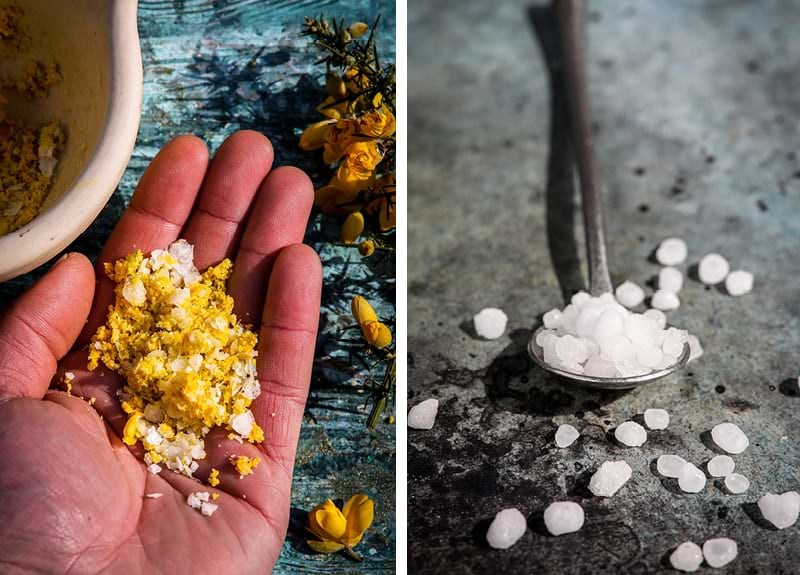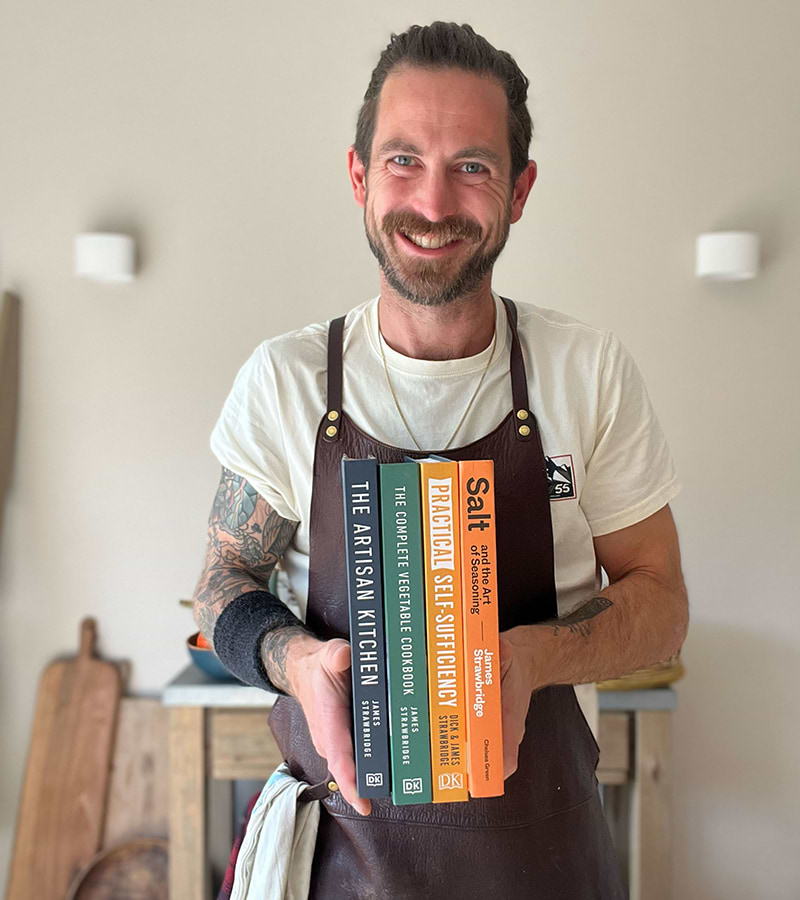Seasoning Secrets with James Strawbridge
11th Nov 2023
This week we’ve plenty of delicious flavours in store, thanks to our favourite Cornish chef, food photographer and author, James Strawbridge.
Committed to creating feel-good, wholesome dishes packed with flavour and comfort, James is passionate about cooking seasonally with local produce. As we batten down the hatches and snuggle up indoors, there’s no better time to be devoting a little time to putting hearty, home cooked food on the table. Stuck for inspiration? Take a look at James’ melt in your mouth Pulled Pork & Spiced Apple Sauce, an aromatic dish bursting with succulence - and read on for his 5 top tips on seasoning…
1. All salts should taste different. If they don’t, then they have been so heavily processed and refined into table salt comprised solely by Sodium Chloride, that your body will no longer recognise them as beneficial and health problems will likely result from eating them. Just like a good wine, you should be able to taste the Meroir of a salt, as the mineral profile is unique to the coastal geology from where it’s harvested or mined.

2. Unrefined or natural salt is not the enemy. There is a huge difference between a local artisan sea salt full of over 60+ sea minerals and chemically processed table salt or PDV Pure Dried Vacuum. Sea salt contains calcium, potassium, magnesium and other minerals beneficial for your health.

3. Season with caution. When you think of how to use salt, my rule is simple: don’t add too much all in one go, as it is remarkably hard to remove. Salt should be approached like an old-fashioned set of scales set on a fulcrum with imaginary weights on one arm and your ever-increasing pile of salt on the other. As you slowly add salt in layers at key stages of cooking, the balance swings a little closer to the point of perfection. You are always aiming for alignment. Season tentatively, with caution and care to begin with until you learn where that invisible sweet spot is.

4. Know your own touch and taste. Empirical measurements have a time and place in recipes but there is nothing more valuable than understanding your personal pinch and tailoring salt to your touch and taste. Learn to cook by taste and touch rather than relying on antiquated empirical measurements.
5. Be biased towards locals. I am a big fan of small-scale salt producers and proud of my food-mile prejudice. Around the UK there are a range of fantastic salt makers from Essex to Scotland, Wales to Cornwall – and I implore you to support them and shop locally. Plus, build a collection of salts from your travels to try with different recipes.

